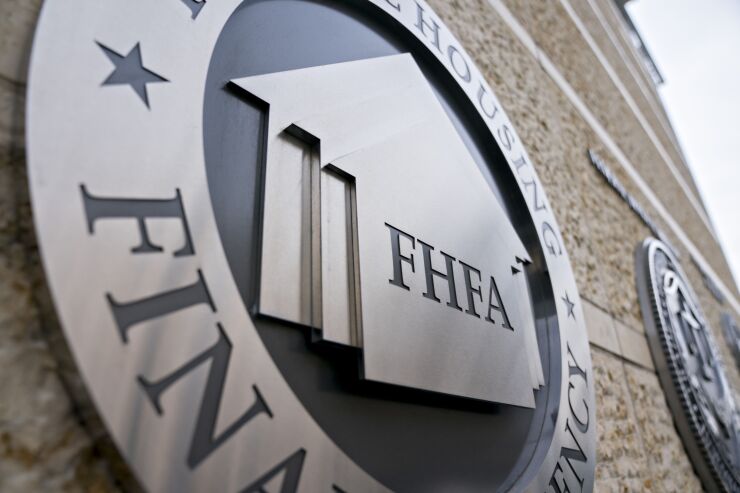WASHINGTON — Every once in a while two running news stories, with their attendant jargon and acronyms, collide into each other in a spectacular fashion. And that's precisely what has happened with Silvergate Bank's recent meltdown and revelations that the bank has tapped the Federal Home Loan Bank System for more than $4 billion in advances last year.
Some background for those who haven't been following the intricacies of the crypto winter and the Biden administration's renewed attention to the Home Loan banks: Silvergate Bank, a federally insured member of the Federal Reserve System that serves as a depository for various crypto ventures, recently
But today's report that Silvergate tapped the Home Loan Bank System for more than $4 billion in advances in 2022 raises important questions about whether cryptocurrency has made

The Home Loan banks exist, at least ostensibly, to give banks low-cost liquidity that they can then
To be absolutely clear, neither Silvergate nor the Home Loan Bank System did anything wrong here — Silvergate has access to the Home Loan banks, and the Home Loan banks took government-backed securities from Silvergate in exchange for the liquidity advances. Silvergate is a
But just because everything is above-board doesn't mean that this episode doesn't shine a bright light on how the Home Loan Bank System is being used in ways that are wildly divergent from their original intended purpose on the one hand and how staggering losses from cryptocurrency investments are finding their way back to traditional finance on the other.
That latter point is especially important because in the event of a bank failure, the Home Loan banks would get paid back before other creditors and the Federal Deposit Insurance Corp. as receiver. So if regulators were to shut down Silvergate or a similar bank that facilitates crypto and owes a Home Loan bank money, the failure could prove more costly to the Deposit Insurance Fund.
The DIF as of September 2022 holds about $125 billion on its balance sheet. So if, for the sake of argument, a Home Loan bank's advances end up resulting in a $4.3 billion loss to the DIF (and remember those advances are collateralized, so this is hypothetical), that deficit wouldn't be catastrophic. But as the crypto winter drags on — and there is really no reason to assume that the market has hit bottom — we may become increasingly aware of how many other banks that made big bets on crypto have received similar advances.
At the very least, Silvergate's Home Loan bank advances look not-so-great for Silvergate and the Home Loan banks. But this episode could also be illustrative of how the crypto winter is not as self-contained as regulators would like us to think.






